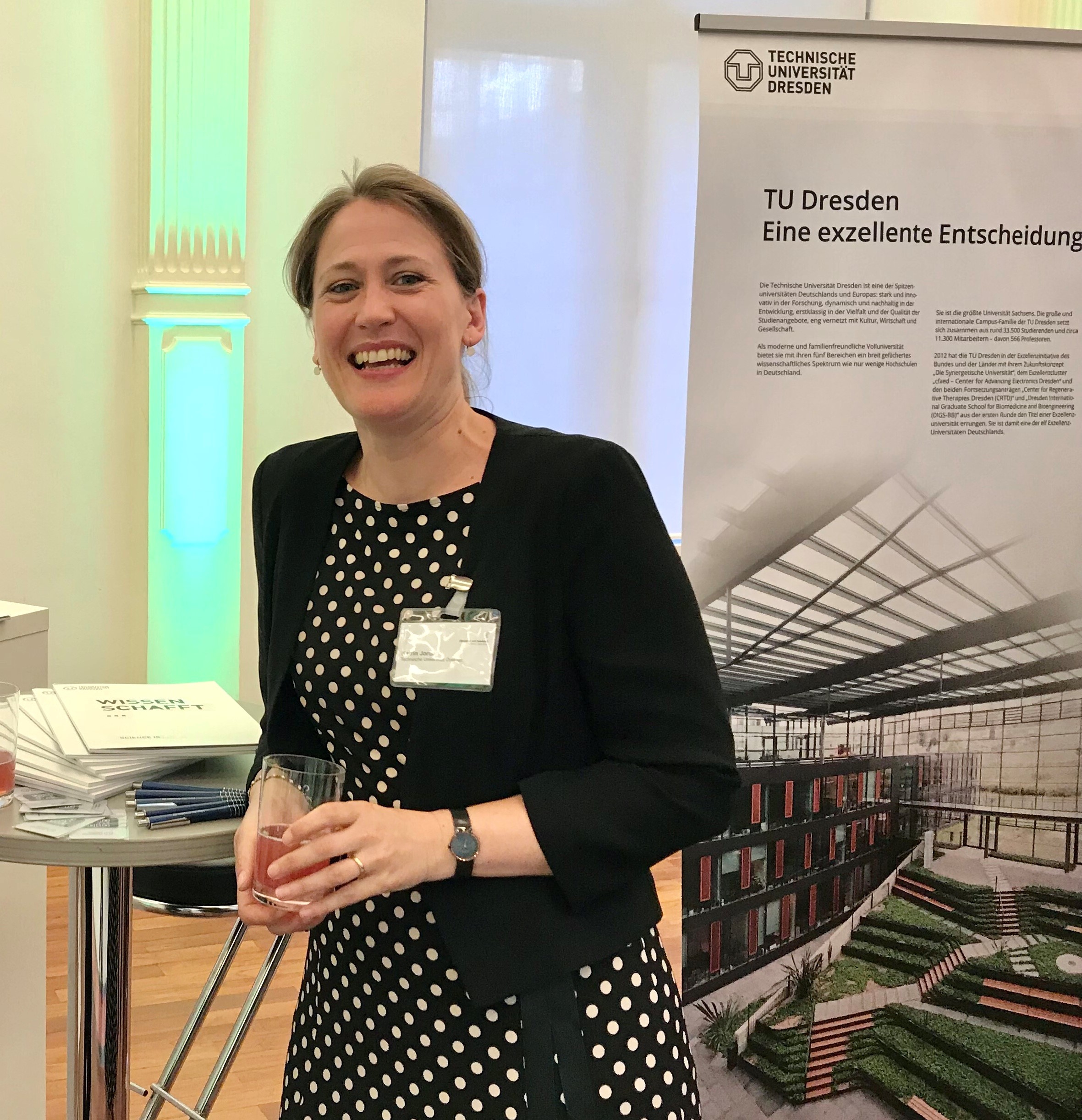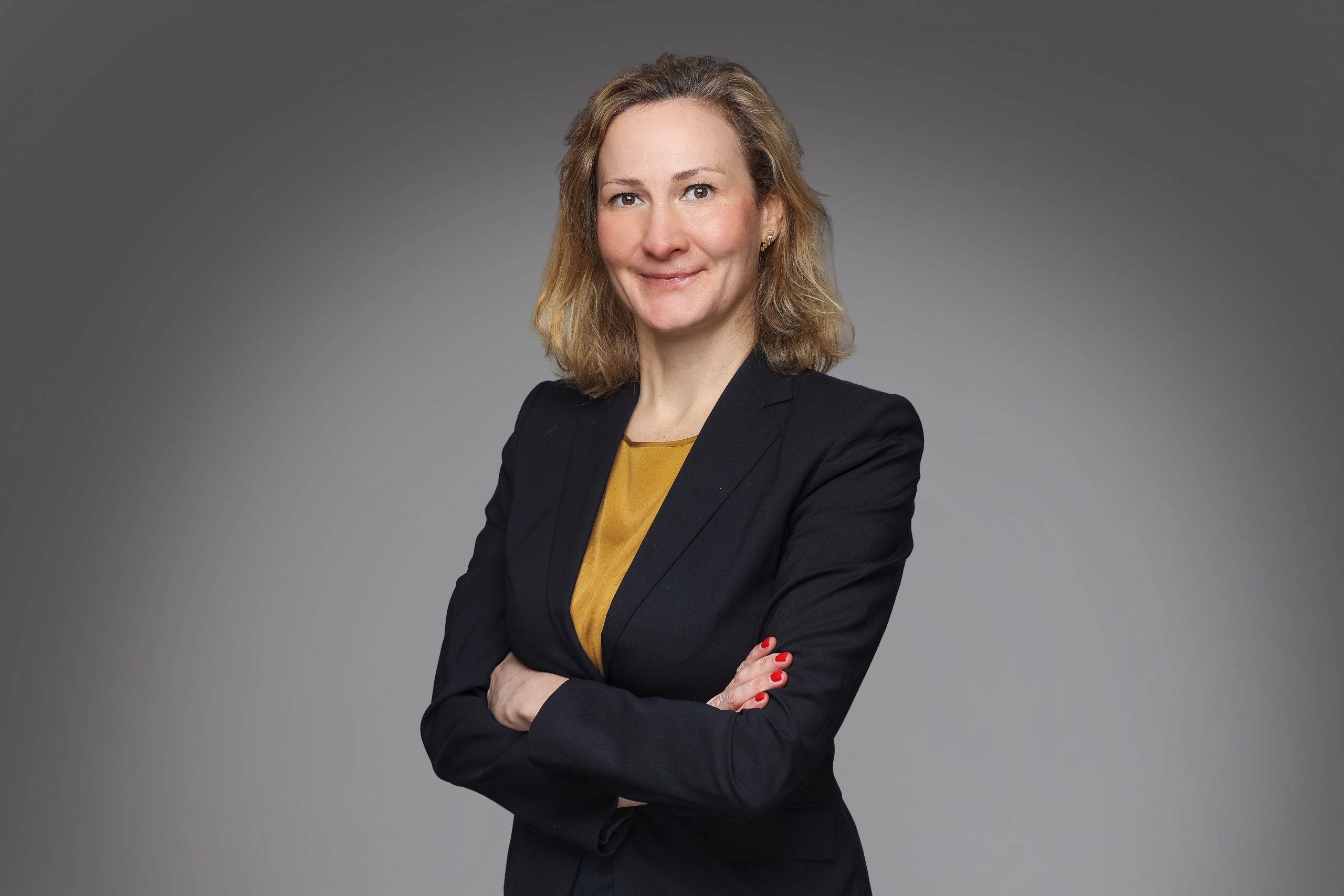“Strategy starts with data. This is where the DFG Funding Atlas helps me in developing our research hub. Who’s collaborating with whom? Where are there robust networks and in which disciplines? How do the federal states compare? What is the role of EU funds? Where do we stand internationally? Its effective combination of data and innovative graphics makes the Funding Atlas both an analytical tool and a source of ideas for us. If the Funding Atlas didn’t already exist, it would have to be invented.”
Dr. Rolf Greve, Head of the Science and Research Authority at the Ministry for Science, Research, Equality and Districts of the Free and Hanseatic City of Hamburg

















